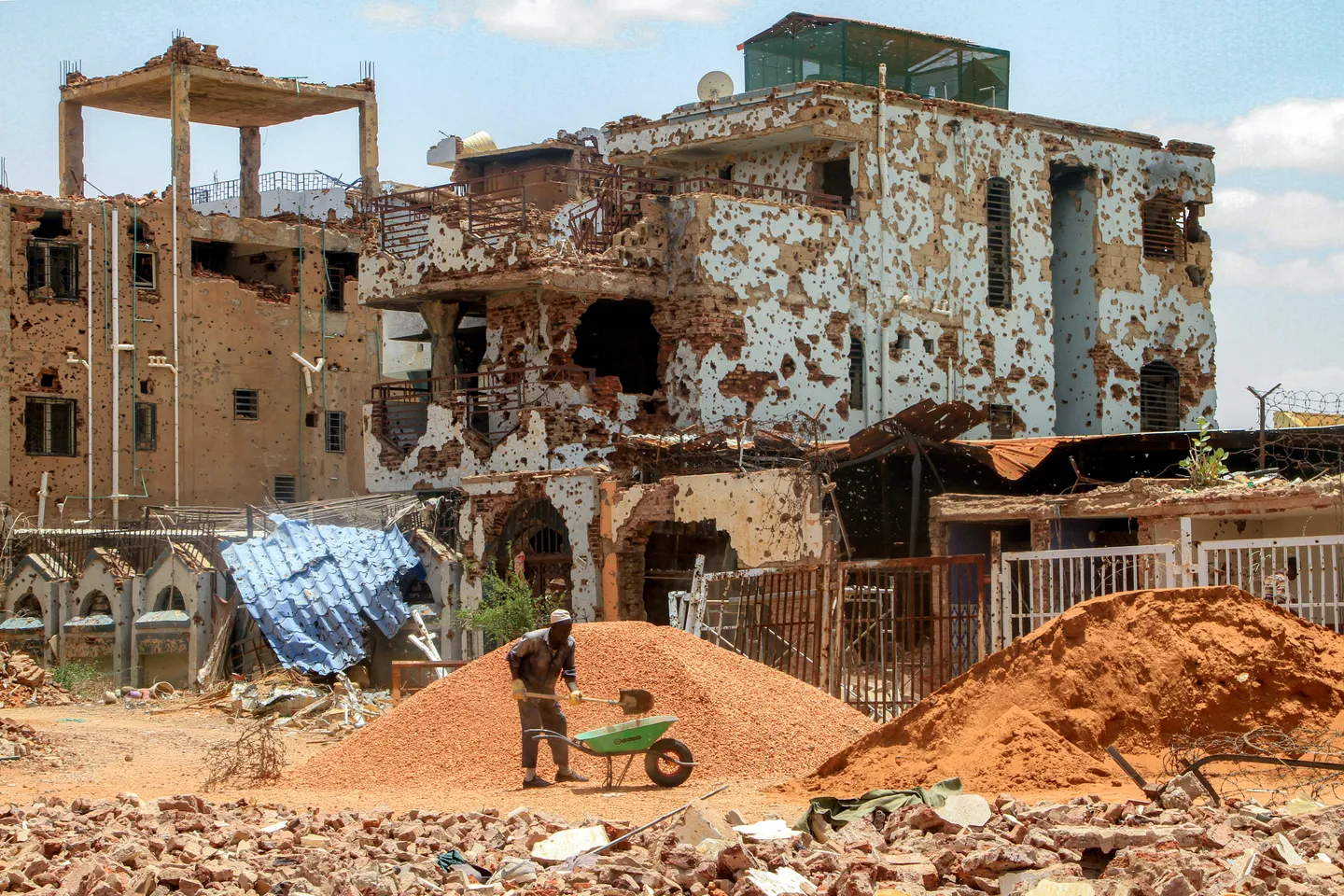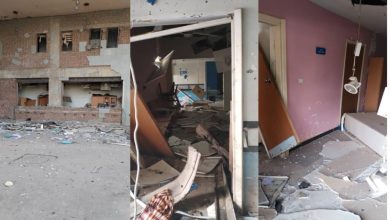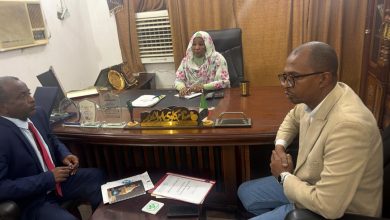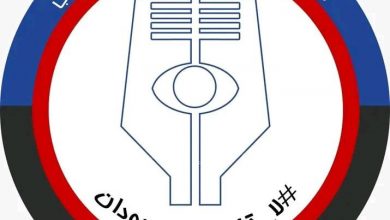Will security return to Khartoum after the withdrawal of armed grou
Mashaweer – Agencies

Residents of the capital Khartoum – both those trapped inside and those returning from displacement – are living in fear and panic due to deteriorating security conditions and the rise in crimes committed by armed groups wearing military uniforms. These incidents represent a new pattern of violence that spread during the ongoing war between the army and the Rapid Support Forces (RSF).
A presidential decree was issued to evacuate Khartoum of all armed forces and militias during August and September, following a series of crimes carried out under threat of weapons. The move is expected to encourage citizens to return and restore normal life after two years of war.
The committee tasked with implementing the decision stressed the need to restore order, remove negative practices, strengthen the rule of law, control illegal foreign presence, deport violators, and eliminate informal housing.
The governor of Khartoum State, Mohamed Osman Hamza, vowed to pursue armed groups that terrorize residents by cordoning off suspicious areas. He said that “the presence of a third armed party worsens an already fragile security situation,” during a visit to families of victims killed by gunmen.
In recent months, the capital has witnessed alarming crimes, such as the killing of Nabil Hamid in the Hattana district of Omdurman in July, after resisting the theft of his phone, as well as the kidnapping of a gold trader by an armed group in Omdurman.
Reverse return
Mohamed Al-Hadi, a resident of Omdurman, said: “It is surprising that crime has worsened even after Khartoum was liberated. Citizens who returned or remained trapped no longer feel safe, and they only leave their homes out of necessity due to the armed groups committing daily crimes of killing and looting.” He explained that he was personally attacked and suffered a broken leg after resisting an attempt to steal his phone.
He added: “Most neighborhoods remain empty due to residents’ fears, and if the evacuation is not implemented quickly, conditions will deteriorate further, leading to reverse displacement.”
Grief and regret
Ridwan Abdelgafar, trapped in Fiteihab for over two years, said: “The pace of crimes has escalated since the war, with looters impersonating soldiers to raid abandoned homes. My father was shot in the chest and my sister’s husband was injured in the neck when gunmen stormed our house.” He noted that his family regretted not fleeing earlier, stressing that dismantling these organized gangs requires a professional, well-trained police force.
The road to recovery
Saleh Abbas, from Ombada, explained that “the phenomenon of motorcycle kidnappings spread before the war but subsided due to police campaigns, only to re-emerge with the current security vacuum.” He said empty neighborhoods and inactive markets offer safe havens for criminals, but the gradual return of residents has helped strengthen security.
He added that the government is working hard to restore services such as electricity, water, health, and education, but emphasized that the ultimate solution lies in ending the war.
Systematic chaos
Ibrahim Abdelqader, an activist with the Resistance Committees, stated that “Khartoum has seen an unprecedented return of displaced persons and refugees, but the city remains unsafe due to the uncontrolled spread of armed militias, creating widespread chaos.” He added that many returning citizens live in fear, as militias dominate residential neighborhoods and city entrances.
A complex scene
Retired officer Al-Zubair Abdelwahid argued that “the spread of armed movements in Khartoum complicates the security landscape. Evacuating the capital and handing security responsibilities to the police is the right step.” He noted that the Ministry of Interior plans to deploy around 30,000 police officers, including riot police trained in urban warfare.
He added that the military withdrawal will likely push militias to relocate outside Khartoum, since their presence in the capital is unnatural and could trigger new security crises. He stressed: “Civilian stability requires disarmament, because the presence of armed groups will only perpetuate chaos and insecurity.




